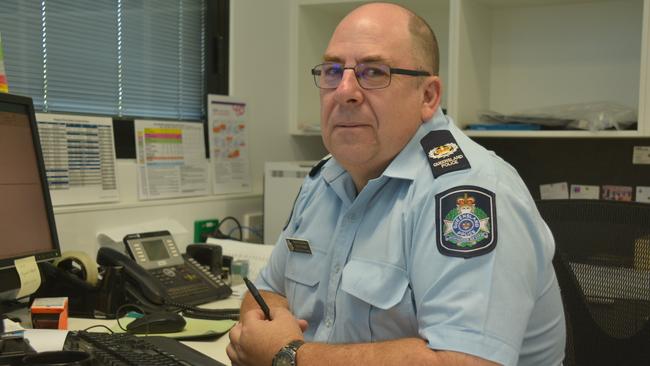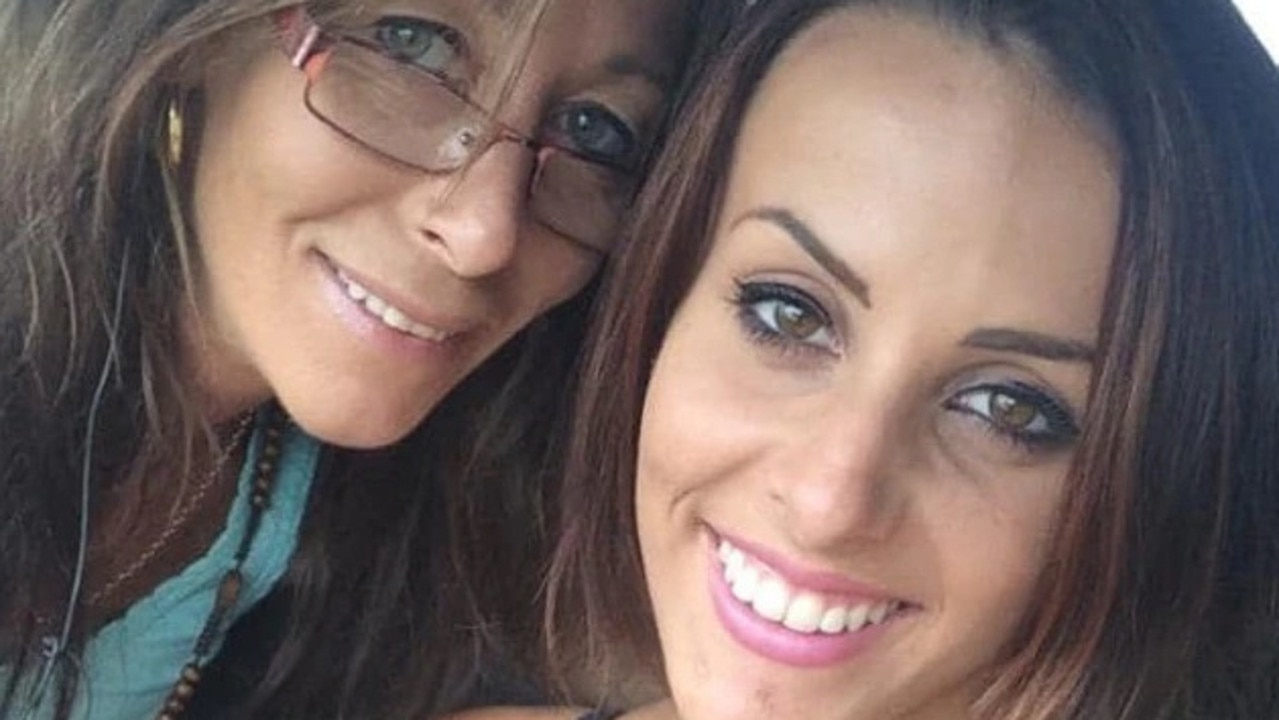‘NO ANSWER’: Burnett top cop on responding to suicides
A SENIOR South Burnett police officer opens up about the devastating and far-reaching impacts of lives lost to suicide. DETAILS:

Police & Courts
Don't miss out on the headlines from Police & Courts. Followed categories will be added to My News.
ONE of the South Burnett's top cops has revealed the pain and suffering endured by heartbroken families who lose people to suicide and the effects it has on first responders, in light of the region being named as the epicentre of mental health crises.
Analysis of a report released by the Australian Institute of Health and Welfare has identified the Burnett as the epicentre of a Queensland mental health crisis.
Between 2015 and 2019, 67 lives were lost to suicide in the South, Central and North Burnett, more per capita than any other Queensland region.
Kingaroy police officer in charge senior sergeant Dave Tierney revealed the hardest part for police and other first responders is seeing the senselessness in the deaths.
"Going to any deceased job it destroys a little bit of you every time but when someone has taken their own life there is just no answer," senior sergeant Tierney said.
"People tend to look to police for answers, hope we can reassure them but with suicide no one knows what got them to that state.
"It's hard for police because our job is to go to something and find answers but in these cases it's self-evident they took their own life but they're not there to ask why."
The silent mental health crisis is not only costing the lives of Burnett residents as patients who require treatment are draining already stretched police resources.
These preventable deaths are adding to the statistics, where between 2015-2019 the Burnett region had 29 deaths per 100,000 people compared to surrounding regions like Bundaberg who had 22.1 deaths, Hervey Bay 21.5 deaths, Maryborough 20.5, Darling Downs West 18.5, Granite Belt 17.3, Gympie 16, Darling Downs East 16 and Toowoomba 14.
More than 15,500 people died from suicide across the country during that time period and 3824 of those deaths were Queenslanders.
READ MORE: SUICIDE EPICENTRE: Data reveals Burnett's dark problem
OPINION: Why we need to talk about mental health
Regularly South Burnett police have to transport patients to Toowoomba Hospital and remain with them until they become nonviolent.
Senior sergeant Tierney said untreated mental health problems are one of the leading causes for disturbance calls.
"With disturbance calls I would say mental health issues are the underlying cause for 50 per cent of the jobs we attend," he said.
"I am involved with a lot of the service groups around town and while they are there, there aren't enough and the problem is the services clients can get into aren't in Kingaroy and those clients are often the ones that can't travel out of town.
"It drains all the support agencies because when they can they will drive clients out of town for those appointments, which has a flow on effect as one person is out of town who could be providing services to more than one client."
January and February are the deadliest months for suicides, according to the AIHW, with the most common contributing factors to suicide including a history of self-harm, disruption of family by separation and divorce, relationship problems, the disappearance and death of a family member and legal problems.
Senior sergeant Tierney said apart from increased and better access to mental health services, better education programs in schools would be beneficial to try and eliminate the negative stigma surrounding speaking up about mental health.
If this story has raised any issues for you, contact Lifeline on 13 11 14 or the Kids Helpline on 1800 55 1800.
For a full list of local contacts click here



